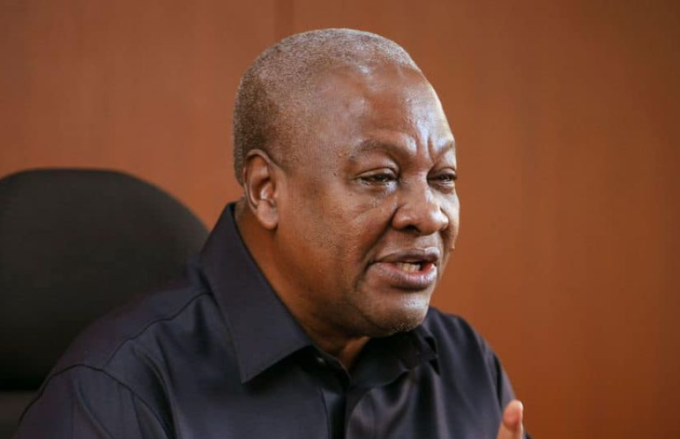
According to an eight-count indictment unsealed in Maryland, Adejorin operated between June and August 2020.
He allegedly gained access to employee email accounts at both charities, one in Maryland and the other in New York.
Posing as authorised personnel, Adejorin allegedly tricked the institutions into transferring over US$7.5 million from the New York charity’s investment funds held by the Maryland organisation.
The indictment details a sophisticated scheme. Adejorin allegedly used a credential harvesting tool to steal login information, created fake domain names to mask his tracks, and even manipulated email accounts to hide his activity.
If convicted, Adejorin faces a maximum sentence of 20 years per count of wire fraud, an additional five years for unauthorised computer access, and mandatory two-year sentences for aggravated identity theft.
The potential penalty could rise further for domain name misuse.
“An indictment is not a finding of guilt,” said the U.S. Attorney’s Office in a press release, but the serious charges and detailed allegations paint a picture of a complex and audacious crime.
The FBI, along with international partners in Ghana, played a crucial role in apprehending Adejorin and bringing him to justice.
United States Attorney Erek L. Barron commended the FBI, Baltimore Field Office, for its work in the investigation and thanked the FBI Legal Attaché in Accra, Ghana, and the Republic of Ghana’s Economic and Organised Crime Office (EOCO), the Office of Attorney General and Ministry of Justice, and the Ghana Immigration Service, for their valuable assistance in this case.
Content by: Kweku Zurek




